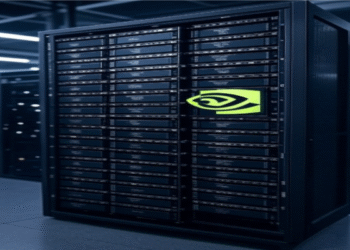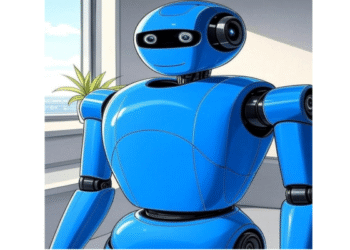Singularity is based on the idea that as AI systems become more advanced, they will be able to improve themselves at an exponential rate.
The concept of singularity has been a topic of discussion among scientists, philosophers, and futurists for decades. The idea is that at some point in the future, artificial intelligence (AI) will surpass human intelligence, and we will enter into an era of exponential technological growth and change that will transform the very fabric of society.
This will lead to a cascade of technological advancements and transformations that will surpass human comprehension. Compare this future to the Rise of the Machines as predicted by James Cameron in the Terminator trilogy. While we are not quite there yet, there are certainly indications that we are headed in that direction.
The Rise of AI
AI is already changing the world in significant ways. It is being used to improve medical diagnoses, enhance security and surveillance, streamline business operations, and much more. Machine learning algorithms are getting better at recognizing patterns, predicting outcomes, and making decisions. With the exponential growth in computational power, it is likely that we will see more and more advanced AI systems in the coming years.
What is Singularity?
Singularity refers to a hypothetical point in the future when AI will surpass human intelligence. This moment is predicted to bring about a cascade of technological advancements and transformations that will reshape society in ways that are difficult to predict. Some believe that this could happen within our lifetimes, while others think it is still many years away.
Impact on the Labour Market
One of the biggest concerns with the rise of AI and its potential for singularity is the impact it will have on the labour market. As AI systems become more advanced, they will be able to perform tasks that were previously only possible for humans. This could lead to widespread job displacement, particularly in industries such as manufacturing, transportation, and retail.
On the other hand, some experts believe that the rise of AI will create new jobs and industries that we can’t even imagine yet. As AI becomes more advanced, there will be a growing need for people with specialized skills in areas such as machine learning, data science, and robotics.
Social and Ethical Implications
Another major concern with the rise of AI and its potential for singularity is the social and ethical implications. As AI becomes more intelligent and autonomous, it raises questions about who is responsible for its actions. Should we hold the programmers and developers responsible, or the AI itself?
There are also concerns about bias and discrimination in AI systems, particularly when it comes to decision-making. If AI is making decisions that affect people’s lives, it is essential that those decisions are fair and unbiased.
Conclusion
While we may not be at the point of singularity yet, the rise of AI is transforming the world around us in significant ways. As we move forward, it is important to address these challenges and opportunities that arise from this new era of technological advancement. We must ensure that AI is developed and used in ways that benefit humanity as a whole. This requires a multidisciplinary approach, including experts in fields such as ethics, philosophy, law, and technology. By doing so, we can harness the potential of AI to improve our lives while avoiding the potential risks and pitfalls that come with this new era of technological transformation.














